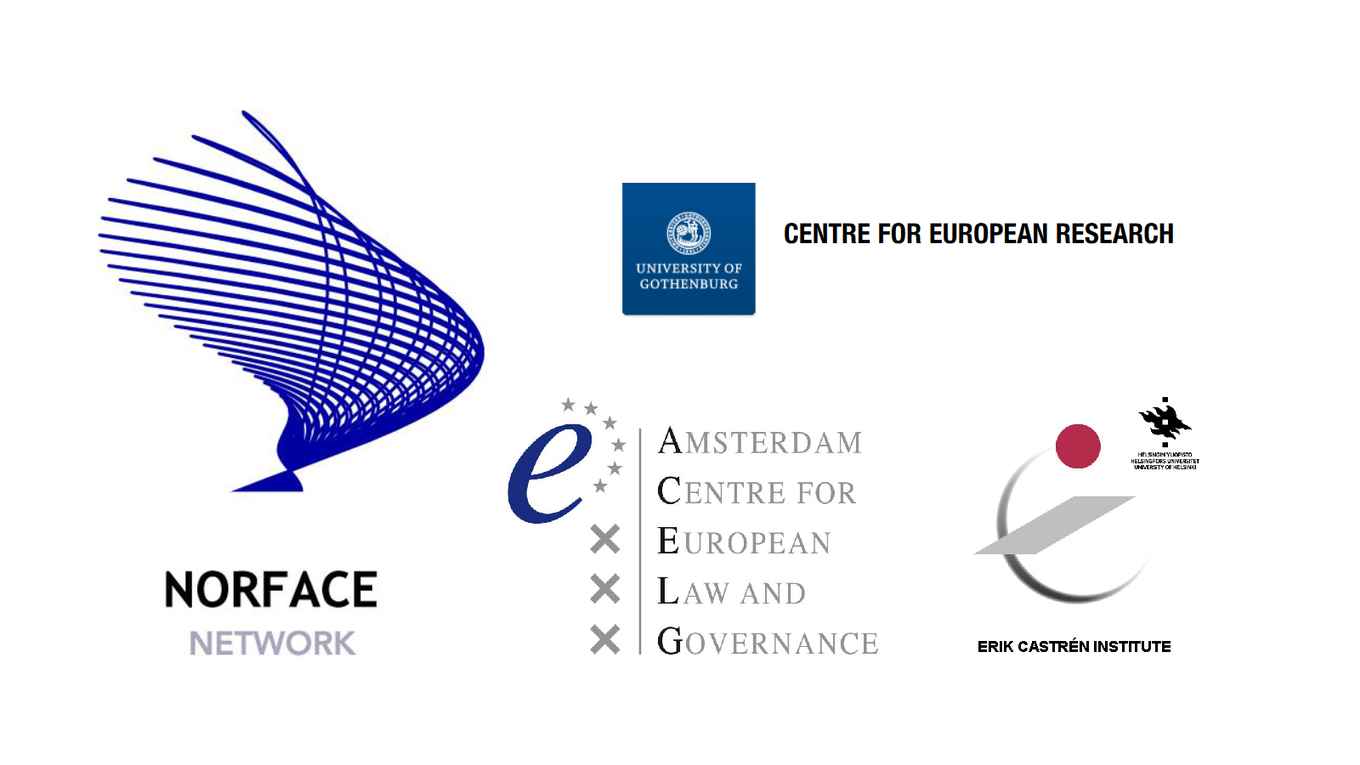(closed) PhD & Postdoc vanacies Separation of Powers for 21st Century Europe project
28 May 2020

Postdocoral researcher vacancy
We are looking for an early-career researcher with a keen interest in pursuing research on the division and interaction of the different powers in the context of EU migration law as part of a 3-year international project. You have experience in researching migration (law) and are interested in engaging in empirical research and position it in a theoretical framework.
The successful applicant will be working in the sub-study on the executive within the SepaRope project. S/he will investigate the division and interaction of the different powers (legislative, executive, judiciary) in the context of EU migration law. In her/his research, the applicant will be expected to engage with issues of general constitutional and democratic importance, such as transparency/secrecy of international negotiations; legislative oversight; limits and reach of judicial control of external actions; as well as checks and balances emerging from the interaction of the national and European spheres within the EU’s polycentric and multilevel structures. The researcher should specialise in EU migration law, but engage in a comparative exchange with EU trade law, or EMU law. Issues of interest for this postdoctoral project include but are not limited to:
- division of powers and control mechanism between EU and national actors and between different EU actors in negotiating, agreeing and executing EU and international migration law/informal arrangements;
- the European Parliament’s direct and indirect influences over negotiating and agreeing migration law/informal arrangements examining a number of case studies.
PhD vacancy
We are looking for an enthusiastic, dedicated and well-organized PhD researcher, preferably a graduate of a research master, who is specialized in European law and will contribute to our a 3-year international project on the division and interaction of the different powers (legislative, executive, judiciary) in the context of EU international trade agreements.
The successful applicant will be working in the sub-study on the executive within the SepaRope project. S/he will investigate the division and interaction of the different powers (legislative, executive, judiciary) in the context of EU international trade agreements. In her/his research, the applicant will be expected to engage with issues of general constitutional and democratic importance, such as transparency/secrecy of international negotiations; legislative oversight; limits and reach of judicial control of external actions; as well as checks and balances emerging from the interaction of the national and European spheres within the EU’s polycentric and multilevel structures. S/he should specialise in EU trade law, but engage in a comparative exchange with EU migration law, or EMU law. Issues of interest for this PhD project include but are not limited to:
- division of powers and control mechanism between EU and national actors and between different EU actors in the negotiation, conclusion, and implementation of trade agreements;
- the European Parliament’s direct and indirect influences over negotiating and concluding trade agreements examining a number of case studies.
Project description
SepaRope (Separation of Powers for 21st Century Europe) is the first empirically-grounded and comparative project rethinking the theory and practices of separation of powers in present-day European Union. Separation of powers, the classic model of decision-making, entrusts different state functions to different branches (legislative, executive, judiciary) and serves the double purpose of ensuring collective will-formation and control of those in power. The polyarchic and multilevel nature of the EU is not easily reconciled with the separation-of-powers-model, either at EU or national level. SepaRope demonstrates in combined horizontal and vertical inquiries how recent economic and political developments affect the EU’s institutional framework and the anchoring of EU decision- making in national legitimacy. It combines conceptual constitutional analysis with empirical research in three fields (Economic and Monetary Union, migration, trade), in which EU decision-making is controversial, rights-sensitive and illustrative of recent power shifts. Based on a joint conceptual framework for identifying and examining will- formation and control structures, SepaRope conducts autonomous but interlinked empirical and legal-analytical studies of the three branches in the three policy fields, respectively, exposing ever-increasing ‘grey areas’ of diffuse, ring-fenced, and informalised public power. The research team of the Amsterdam Centre for European Law and Governance (ACELG) at the University of Amsterdam will be engaged with the study focused on the executive.
The project engages with several legal subdisciplines including constitutional law, EU law and international law. It applies social science methods of collecting and evaluating empirical data.